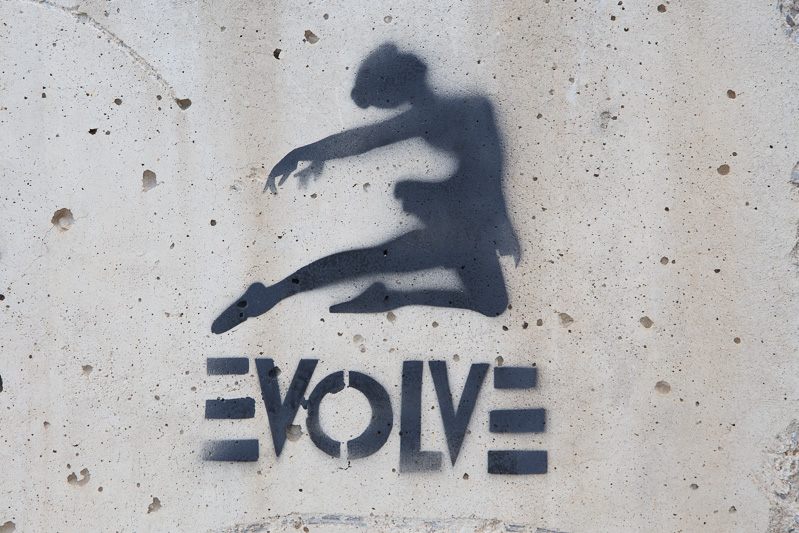
There’s a facebook group called: We can find 1,000,000 people who DO believe in Evolution before June.
My immediate reaction was: Why would I join a group that uses religious language to describe a scientific claim? What has belief got to do with anything? Evolution purports to be an explanation. Either it works or it doesn’t and no amount of believing/wishing/hoping/longing on my part will make one bit of difference. The creator of the group has noted the problem with the word belief:
Apologies for the name of the group, it has been pointed out numerous times that ”believe” is really the wrong word when talking about a scientific theory…
I didn’t really think about it at the time of creating, I just copied and pasted the opposing group’s name, and there’s no way of changing it now.
The statement also reveals that the impetus for the group’s founding is a creationist group that is seeking 1,000,000 members whose views run in the opposite direction.
Even though the founder cleared up the little concern about the word belief, I’m still not interested. Here’s why:
1. Even if you excise the word belief, you still end up in conversations about belief, and those conversations can’t be resolved by appealing to evidence. The results sound a lot like a religious credo:
- I believe that science is not a historically and culturally contingent construct.
- I believe it’s possible for scientific observation to be objective.
- I believe it’s possible for scientists to report their observations through media that do not influence the meaning of the observations.
- I believe that interpretation of reported observations has no influence upon the knowledge they claim to support.
The theory of evolution is grounded upon a modern (200-year-old) worldview which takes on faith all kinds of things about the nature of reality. But I am not a modern person. Nor are you. Even if we claim a modern worldview, we are embedded in a culture that left modernism behind before you and I were ever born. If you doubt me, try counting the number of advertisements you see today, then ask yourself how important truth claims are in our world.
2. The motivation for this group is to oppose a group of creationists. This accomplishes nothing. In fact, it accomplishes less than nothing. Confrontation has no persuasive force and only serves to further entrench strongly held views. It further polarizes an already polarized world.
I have no desire to be conscripted as a foot-soldier in the culture wars. That is an American battle and I’m not American. If Americans want to engage in a flight-club public discourse, then let them. We have better tools at our disposal.
3. One of the cornerstones of evolutionary theory—natural selection through competition—has its origins in metaphorical thinking. I used to think that ideas like social Darwinism and industrial progress were metaphorical applications of Darwinian thinking. In fact, it’s the other way around. Darwin drew heavily upon the population studies and economics of Thomas Malthus to develop his evolutionary model.
One of the huge ironies of the evolution/creation debate is that while creationists deny the model of competition that grounds evolutionary thought, they tend to be social conservatives who embrace competition wholeheartedly to rationalize and explain their economic behaviour. Yet both forms of competition find their genesis in the work of Thomas Malthus. In effect, creationists and evolutionists are cousins.
4. Evolution is a model more than a claim. It’s like that diorama I made in grade five where I strung painted balls inside a shoebox to represent the planets in the solar system. It was a model that helped me understand in simple terms a system that is so complex and vast it defied my imagination. In the same way, the rubric evolution gives my simple brain a lever to manipulate a system so complex and vast I have only the vaguest notion how it works.
5. It’s unclear to me what purpose is served by disputes about how we got here. More important is ethics: what do we do now that we are here?
6. In these debates, evolutionist and creationist don’t represent positions; they represent assertions of identity. As such, they aren’t claims in a debate about the nature of the real world; they are labels on a road map of our social world. In effect, their value as truth claims is beside the point.
